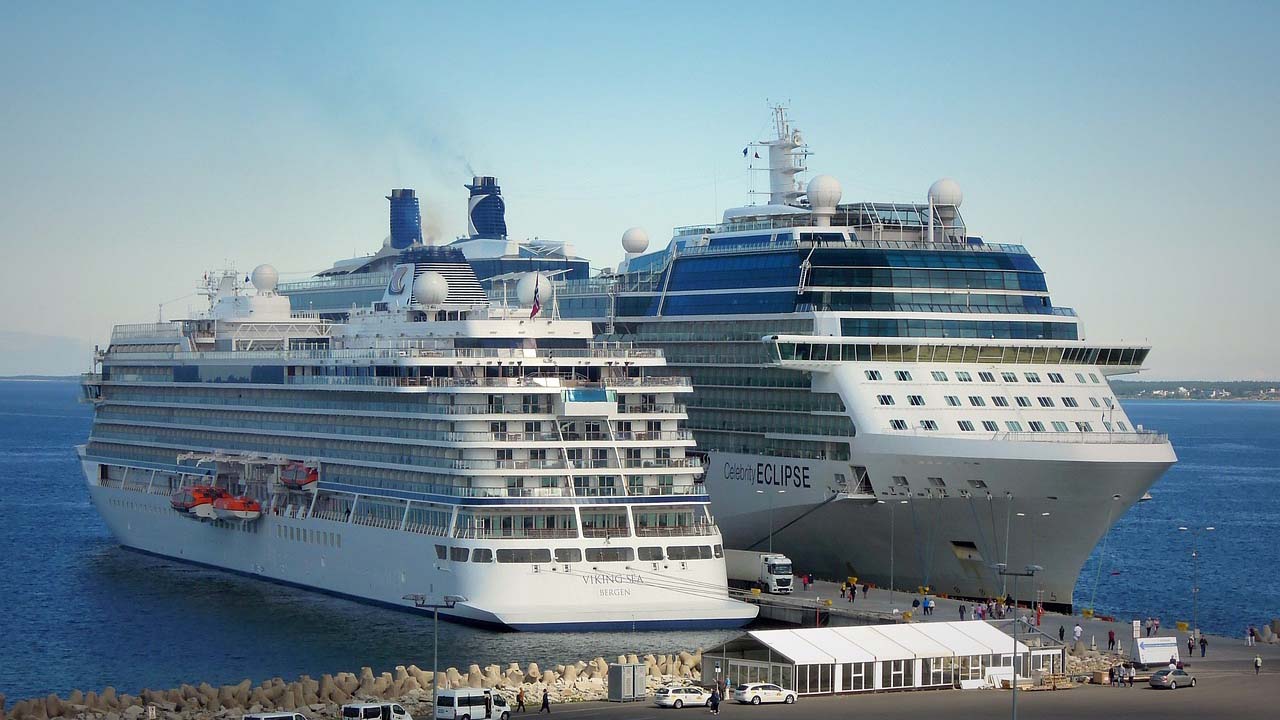Utilization of biogas in passenger ships

Project duration
Source of funding
Ministry of the Environment, European Union Next Generation EU
Total funding
112 900 €
There is a need to reduce shipping emissions in the future with the help of new marine fuels. This project focuses on accelerating the use of renewable fuels, i.e. finding out how biogas can be produced and used as fuel in passenger ships. Today, the production and use of biogas on ships could be possible and even economically feasible for several reasons. However, according to several studies, converting organic waste (e.g. food waste or sewage) into energy on board (from waste to fuel) is technically possible, but economically challenging. Bioreactors take up a lot of space, have aesthetic effects and their power output is relatively low. It is therefore essential to consider how the utilization of bio-waste, even to a small extent, could be introduced on ships and in what way. The project is a feasibility study, which aims to evaluate the utilization and treatment of bio-waste produced on passenger ships compared to the current situation.
The main tasks of the project:
- The possibility of producing and using biogas as fuel on board (from waste to energy) will be researched.
- Research on the possibilities of utilizing solid waste is conducted.
- Waste management on board is developed.
- The examination will be concluded on how to reduce the load on an alternative community structure, when the discharge of passenger ship waste into the sewer network is reduced.
As a result of the project, a report will be drafted to support future decision-making processes, in which the possibilities of using biogas as a fuel on passenger ships will be brought out objectively and rationally. In the project, the resources required for its implementation are identified and solutions for the successful collection and use of biogas are analyzed. The project also shows how practical large-scale experimentation, testing and piloting could be carried out, as well as the investment requirements and costs of testing.

Contact Us
Get to know the research group
-
Research groups
New materials and processes
-
Research groups
Engine and Powertrain
See all our projects
We carry out nearly 200 RDI projects annually together with working life and our international partner networks.

